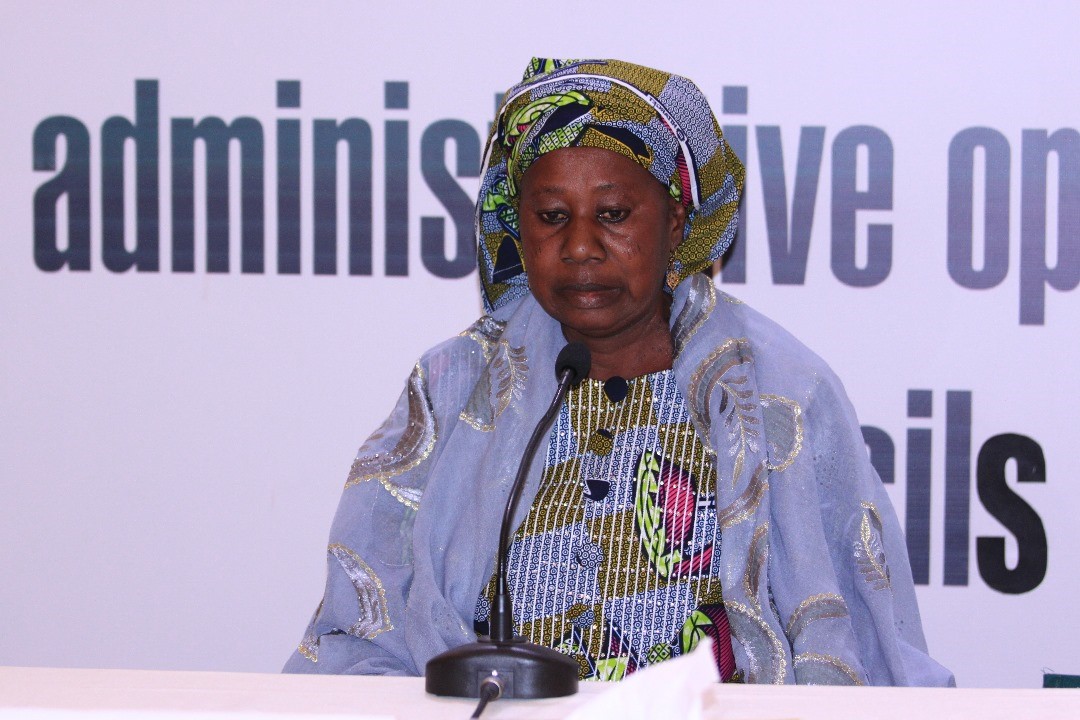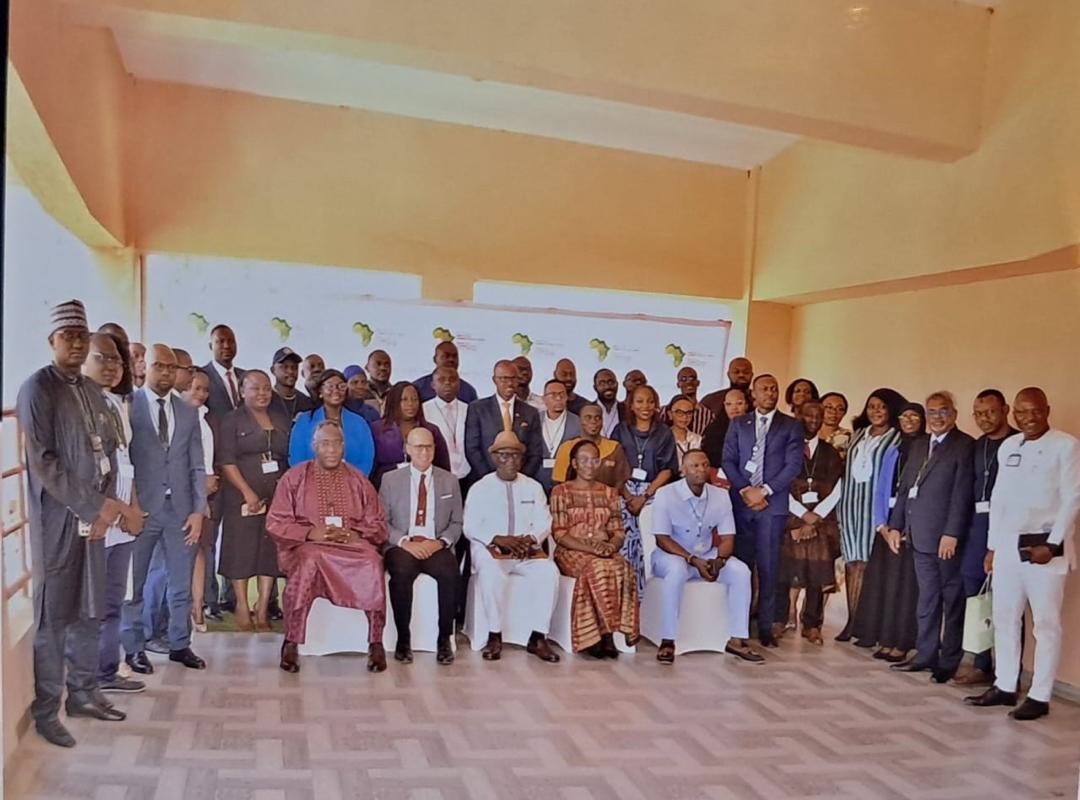By: Fatou krubally
A Local Government Commission of Inquiry has uncovered alarming financial mismanagement within local councils, with key witnesses testifying about missing funds, unaccounted transactions, and poor financial oversight.
On Thursday, 20 February, former market mistress Isatou Sonko took the stand, detailing her role in handling revenue collections at Barra Market. Sonko, who oversaw seven collectors, testified that while funds were supposed to be deposited in the council’s Access Bank account, some money was withheld under instructions from senior officials.
“At times, not all funds were deposited into the bank,” she admitted. “I was acting on directives from the director of finance Abdoulie Khan and then-CEO Seedy Touray to use the money for fuel purchases.”
Sonko also revealed that key financial records were missing, particularly the 2018 and 2019 cash books, which she had handed over to Touray but never retrieved. She still possessed records from 2020 to 2022 but could not account for the earlier years. When pressed, she was instructed to follow up with the council and report back.
An audit report uncovered a 318,734-dalasi discrepancy from 2018-2019, but Sonko claimed she was unaware of the figure, saying she was denied access to her cash books. She recalled being forced to personally repay 15,000 dalasis for missing tickets.
“I used money from my onion farm to pay,” she said, adding that the finance director refused to take the funds and directed her to give it to CEO Touray instead. When asked why she did not request a receipt, she responded: “I was not happy. I was not thinking about a receipt. But many people in the office knew I paid the money.”
Omar Trawally, a longtime employee of the Kerewan Area Council, also testified, revealing more gaps in financial oversight. Trawally, who was first a revenue collector before his formal employment in 2017, confirmed handling large sums of money but could not verify if all deposits were properly made.
He recalled a 48,000-dalasi withdrawal from the council’s Trust Bank account on January 21, 2021, which he collected on instructions from the council’s CEO and the sub-treasury head.
“I cashed the check at GTBank and handed the money to Lamin Dampha, who was supposed to deposit it,” he said. However, he admitted, “I cannot confirm whether the money was ever deposited.”
Trawally further revealed that earlier financial records from 2018 to 2020 were missing, saying they had been handed over for a national audit but were never returned.
The inquiry also heard testimony from Yassin Faye, a former revenue collector at the Kerewan Area Council, who admitted that collected funds were sometimes used for other expenses instead of being deposited into the bank.
“We sometimes used collections to buy electricity credits or fuel for the council’s tractor,” she stated.
When questioned about the 48,000-dalasi check, Trawally had mentioned Faye denied instructing him to collect the money. “I cannot recall making such a request,” she said.
An audit query covering 2018 and 2019 flagged a 28,695-dalasi shortage, but Faye insisted that the missing receipts were from 2017. She was unable to produce the cash book to verify her claims, instead presenting a document from the CRBR containing receipt book records.
The commission is investigating financial and administrative operations between May 2018 and January 2023, aiming to enhance transparency in local councils. The testimonies so far have revealed a troubling pattern of missing cash books, unverified transactions, and widespread financial mismanagement.





